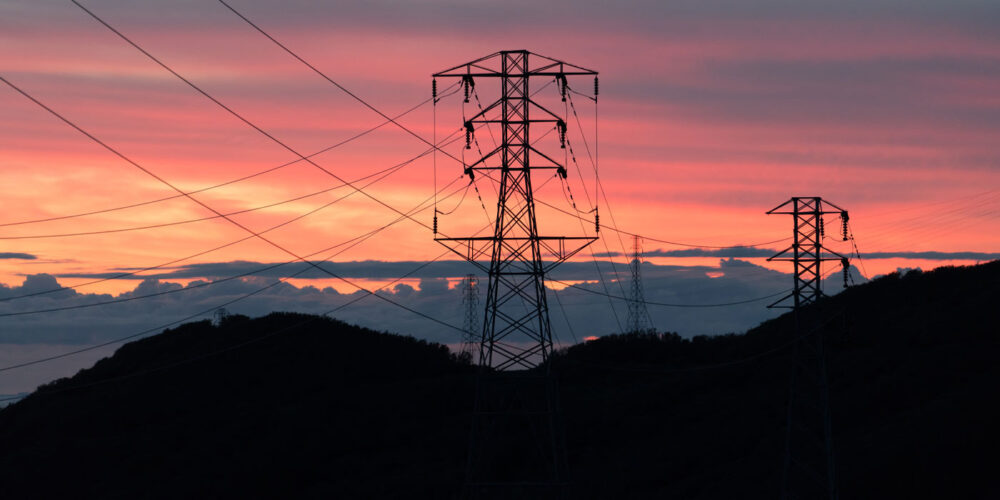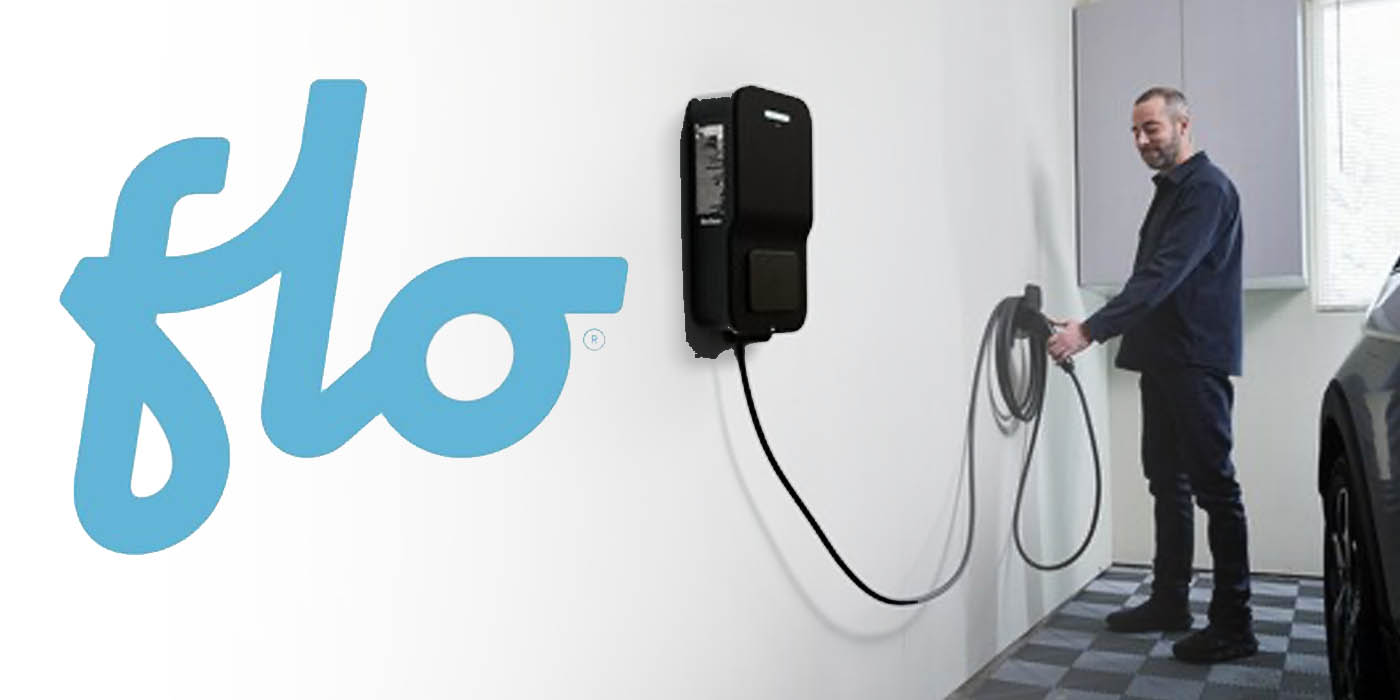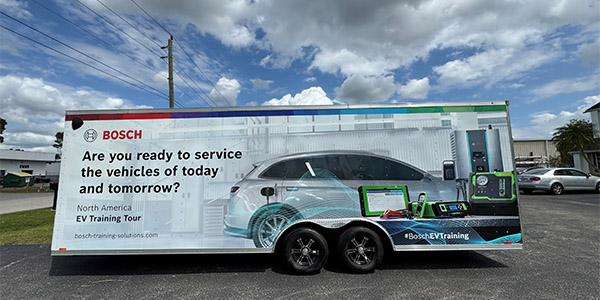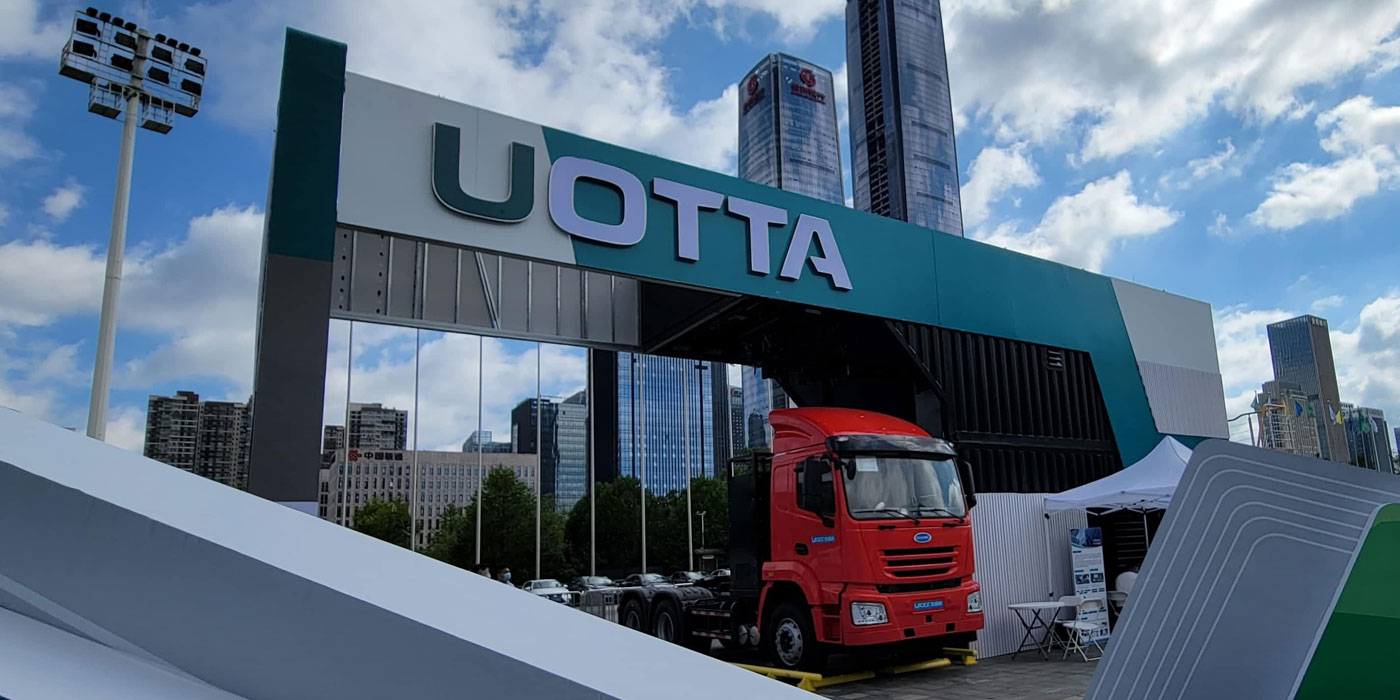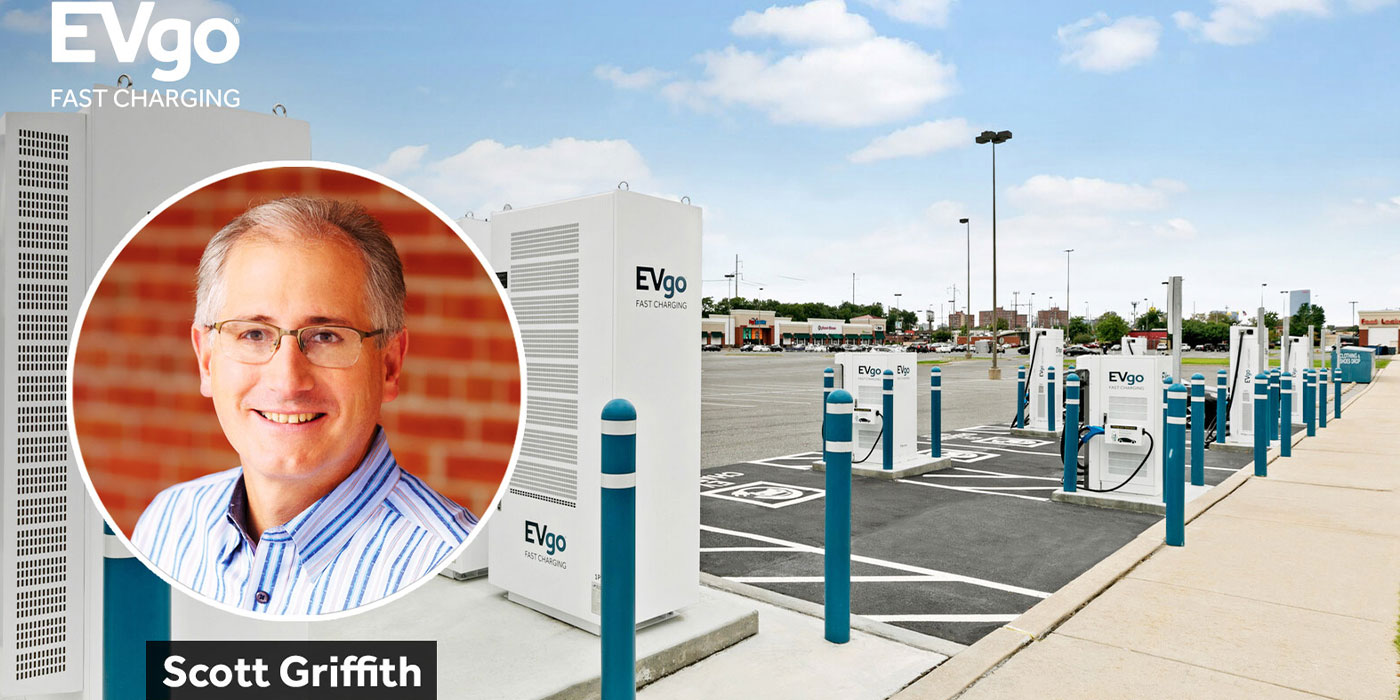This article is courtesy of The Buzz EV News, by David Sickels.
The U.S. Department of Energy (DOE) has announced another $48 million in funding to improve the reliability and resiliency of the U.S. power grid. This batch of funding will support a new program focused on developing power grid technologies that improve control and protection of the domestic power grid. The agency says outages caused by extreme weather events are estimated to cost the U.S. economy $150 billion annually. This new effort by DOE will fund projects that aim to enable utilities to more effectively control grid power flow to avoid disturbances, and quickly isolate and route around disruptions.
Managed by DOE’s Advanced Research Projects Agency-Energy (ARPA-E), the “Unlocking Lasting Transformative Resiliency Advances by Faster Actuation of power Semiconductor Technologies” (ULTRAFAST)” program will support the development of faster, more capable power electronics for enhanced resiliency, reliability, and control of power flow at all grid interfaces, the DOE says. Successful ULTRAFAST project teams will develop device concepts that target:
- Semiconductor material, device and/or power module level advances to enable faster switching and/or triggering at higher current and voltage levels
- Improved electromagnetic interference immunity
- Complementary sensing, packaging, and thermal management technology
ARPA-E first held a workshop on this topic last year. Workshop participants provided expert inputs on the technical aspects of ultra-fast-triggered semiconductors, and how such devices can aid national goals to develop future high-performance resilient power systems.

